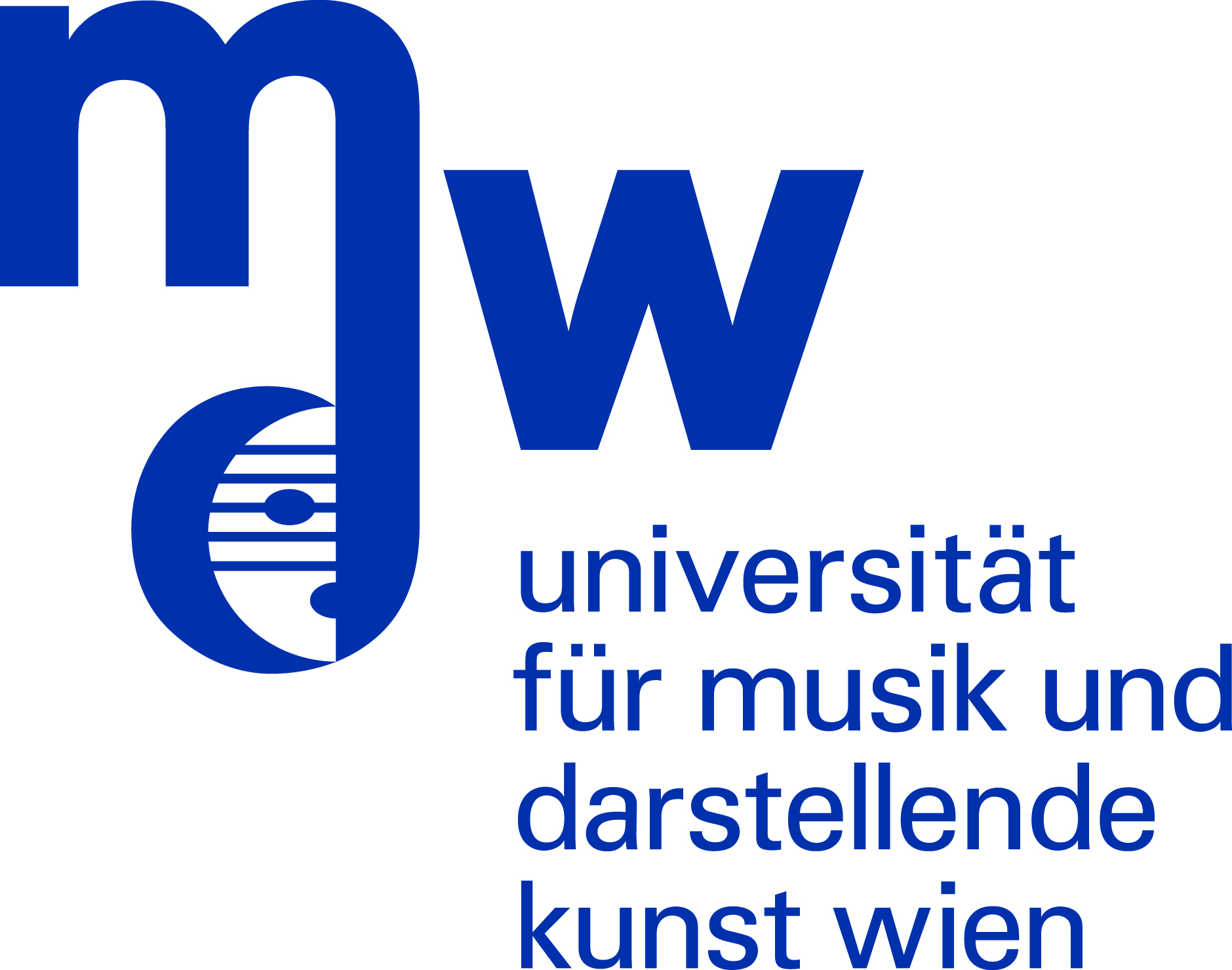Bachelor’s Program
The bachelor’s program is practice-oriented, preparatory training for professional work as film editor, assistant editor and sound editor or sound designer. Lectures, practical exercises and supervised editing of films (image and sound editing of short documentary and feature films) provide the students with the artistic and technical foundation they will need for work in these professions. In addition to learning to master the image and sound editing systems widely in use, the students acquire knowledge of the post-production processes and of the job roles that these involve; they learn to evaluate image and sound material with regard to its artistic and technical quality; and they familiarize themselves with all the various formats. During their course of study, they develop an understanding of dramaturgical coherence and learn fundamental principles of psychological as well as physiological perception. Great importance is attached to the students’ being able to develop social skills and the ability to work in a team by working in collaboration with other departments.
Master’s Program
In the master’s program, the knowledge and skills acquired in the course of the bachelor’s study are taken further in an in-depth, intensive, practical and theoretical study of film editing and of the arts and technologies that converge in this professional field. Excursions and guest lectures contribute to intensifying the students’ contact with the film industry. An extensive program of practical study gives them ample opportunity to work with external post-production service providers (e.g. recording studios) and at the same time underscores the importance of the editing room as being the communications hub of post-production. Thus, not only are students encouraged to gradually find their feet in the professional world, in the course of their study equal importance is attached to their being able to analyze the means by which this is achieved. Gaining this foothold is as essential for future professional success as it is for a successful completion of study in the master’s program.
This specialized professional training is based on individually supervised work in conjunction with specific projects (both image editing and sound design) and also includes lectures and seminars. Developing an optical and acoustic memory, skill at combining things, the ability to perceive, think and tell stories with dramaturgical understanding, a feel for rhythm and musicality – all of this is important in varying degrees, according to the demands of each project in question.
Sound Design
Sound design in film can be approached from two angles: from the vantage point of the recording engineer, or from the perspective of the film editor.
At the Film Academy Vienna, emphasis is placed on the close interconnection between image and sound montage. Accordingly, the training offered in sound design is closely interwoven with the study of editing, both seen together as constituting an integral whole.
In addition to individual project supervision, both the bachelor’s and the master’s programs include practical and theoretical courses devoted to sound design, which are supplemented by exercises and field trips contributing to knowledge in the areas of sound and voice synchronization and mixing.

